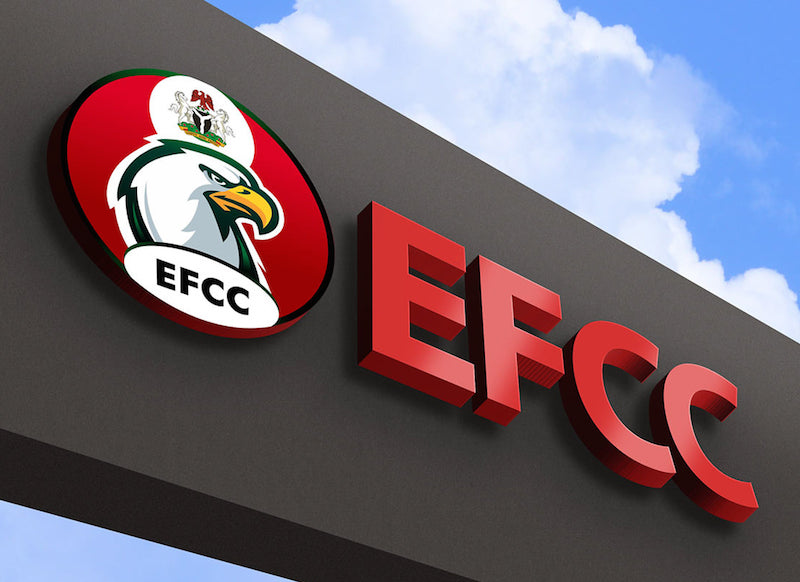The Economic and Financial Crimes Commission, EFCC, on Monday announced the single largest asset recovery since its inception in 2003.
The development followed a ruling by Justice Jude Onwuegbuzie of the Federal Capital Territory High Court on the final forfeiture of an Abuja estate measuring 150,500 square metres and containing 753 units of duplexes and other apartments.

According to the EFCC, the estate, located on Plot 109 Cadastral Zone C09, Lokogoma District, Abuja, belonged to a government official.
“The forfeiture of the property to the federal government by a former top brass of the government was pursuant to EFCC’s mandate and policy directive of ensuring that the corrupt and fraudulent do not enjoy the proceeds of their unlawful activities,” the statement added.
The EFCC said it relied on Section 17 of the Advance Fee Fraud And Other Fraud Related Offences Act No 14, 2006 and Section 44 (2) B of the Constitution of the 199 Constitution of the Federal Republic of Nigeria to push its case.
Ruling on the Commission’s application for the final forfeiture of the property, Justice Onwuegbuzie held that the respondent have not shown cause as to why he should not lose the property, “which has been reasonably suspected to have been acquired with proceeds of unlawful activities”.
“The property is hereby finally forfeited to the Federal Government,” the judge declared, according to the statement.
The statement added, “The road to the final forfeiture of the property was paved by an interim forfeiture order, secured before the same Judge on November 1, 2024.
“The government official which fraudulently built the estate is being investigated by the EFCC. The forfeiture of the asset is an important modality of depriving the suspect of the proceeds of the crime.
“The justification for the forfeiture is derived from Part 2, Section 7 of the EFCC Establishment Act, which stipulates that the EFCC “has power to cause investigations to be conducted as to whether any person, corporate body or organization has committed any offence under this Act or other law relating to economic and financial crimes and cause investigations to be conducted into the properties of any person if it appears to the Commission that the person’s lifestyle and extent of the properties are not justified by his source of income.”
The statement added that EFCC chairman, Ola Olukoyede, has repeatedly described asset recovery as pivotal in the fight against corruption, describing it as a major disincentive against the corrupt and the fraudulent.
Addressing members of the House of Representatives Committee on Anti-corruption recently, he said, “If you understand the intricacies involved in financial crimes investigation and prosecution you will discover that to recover one billion naira is war.







